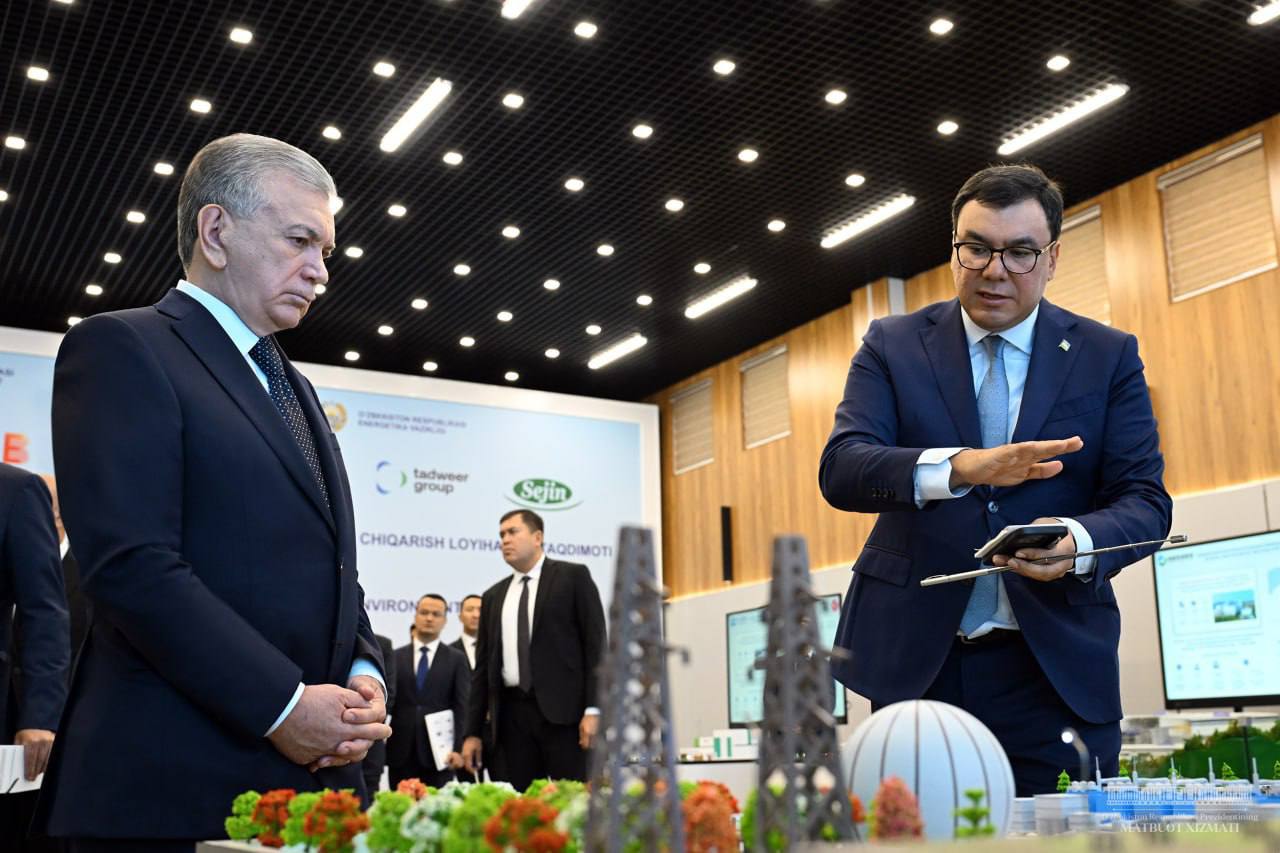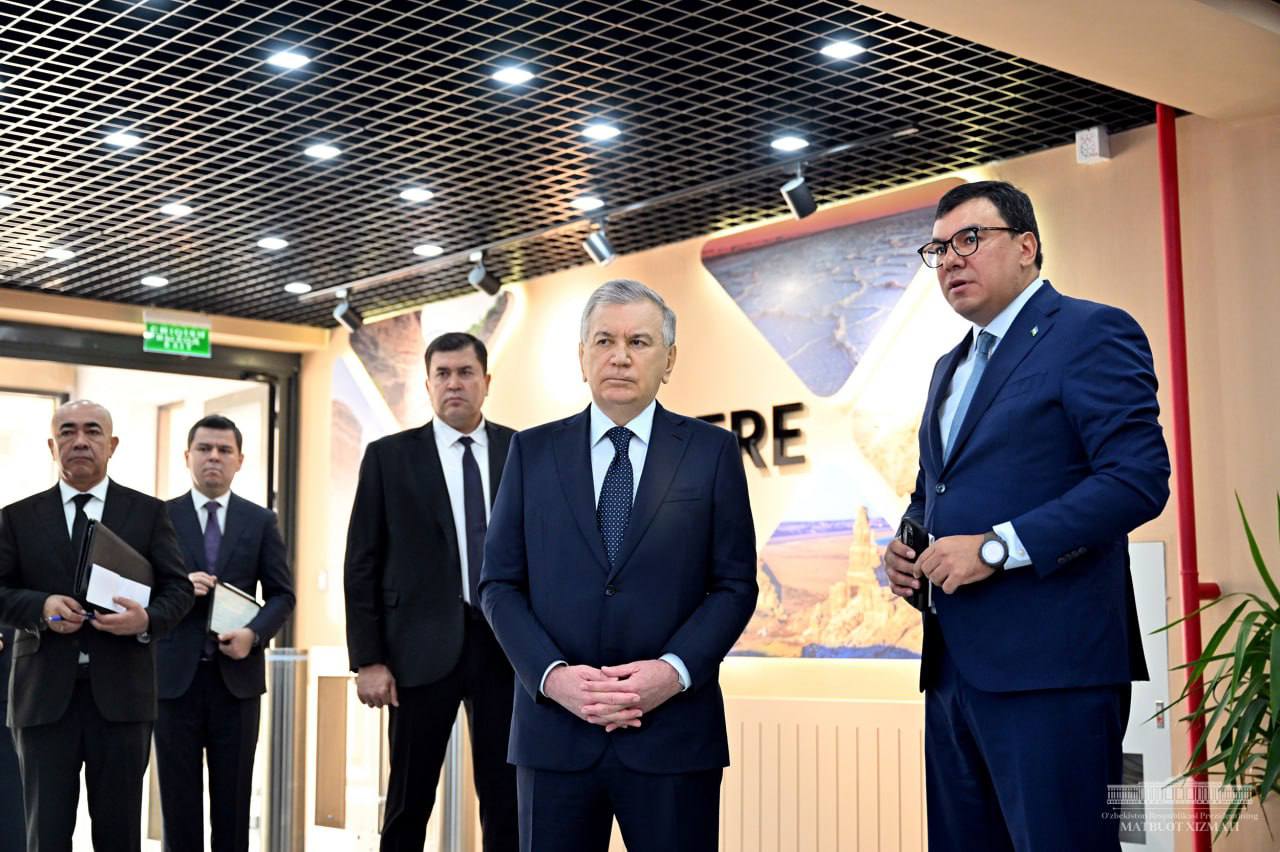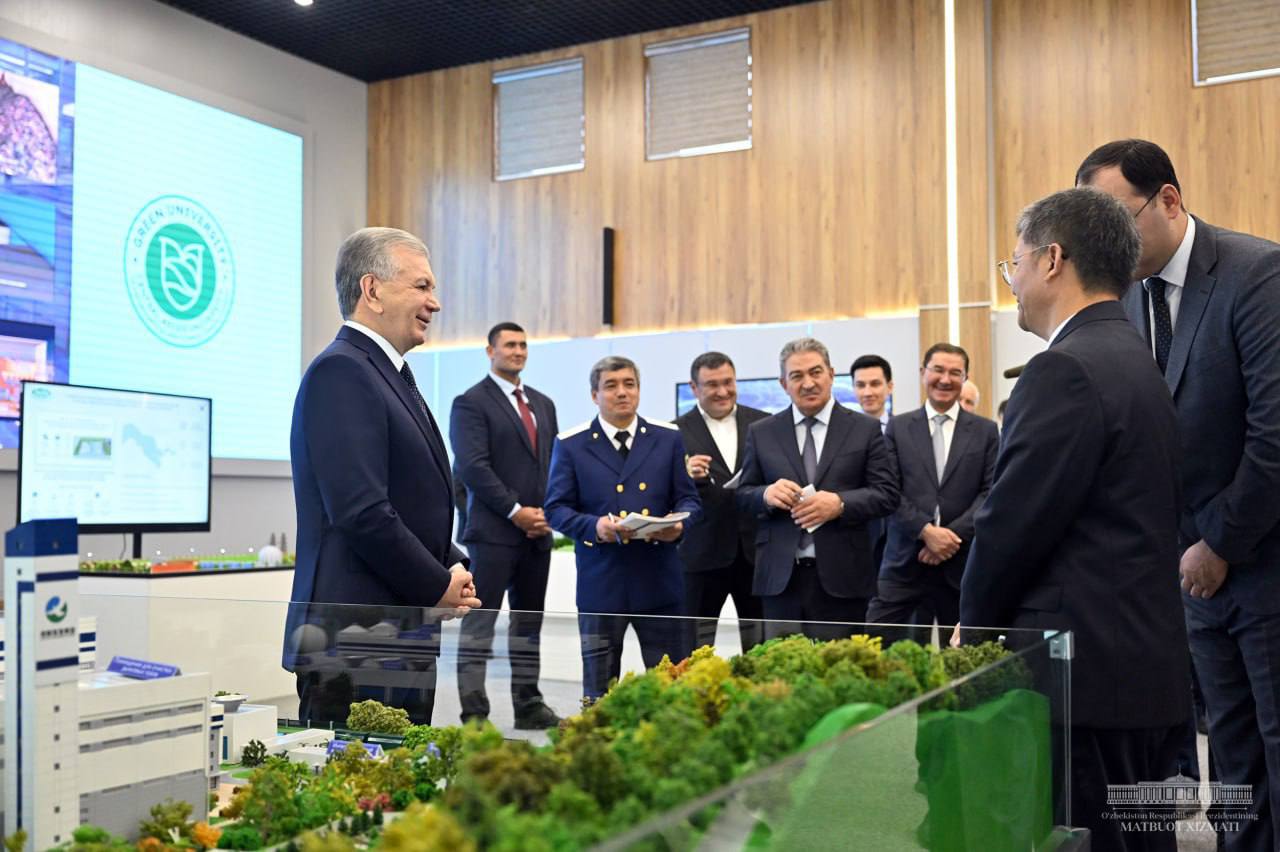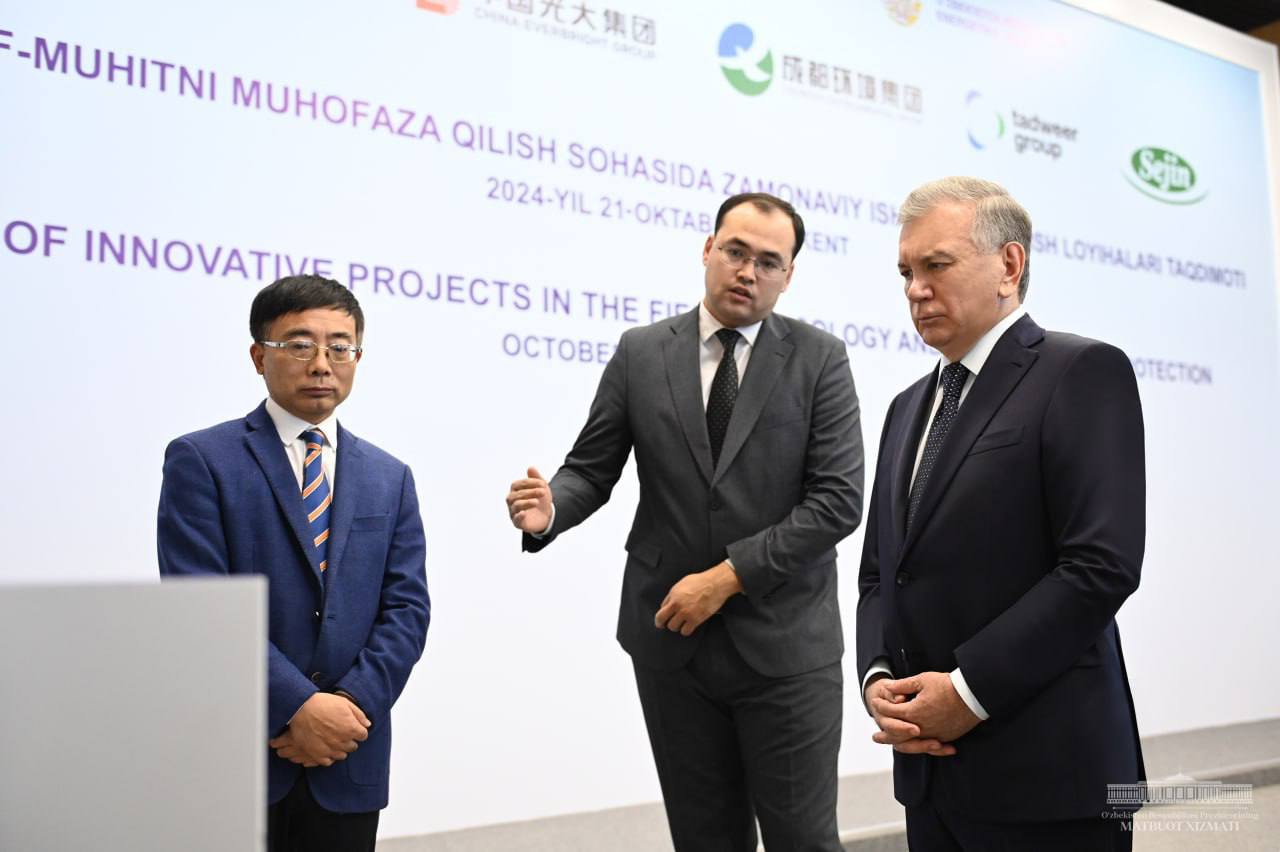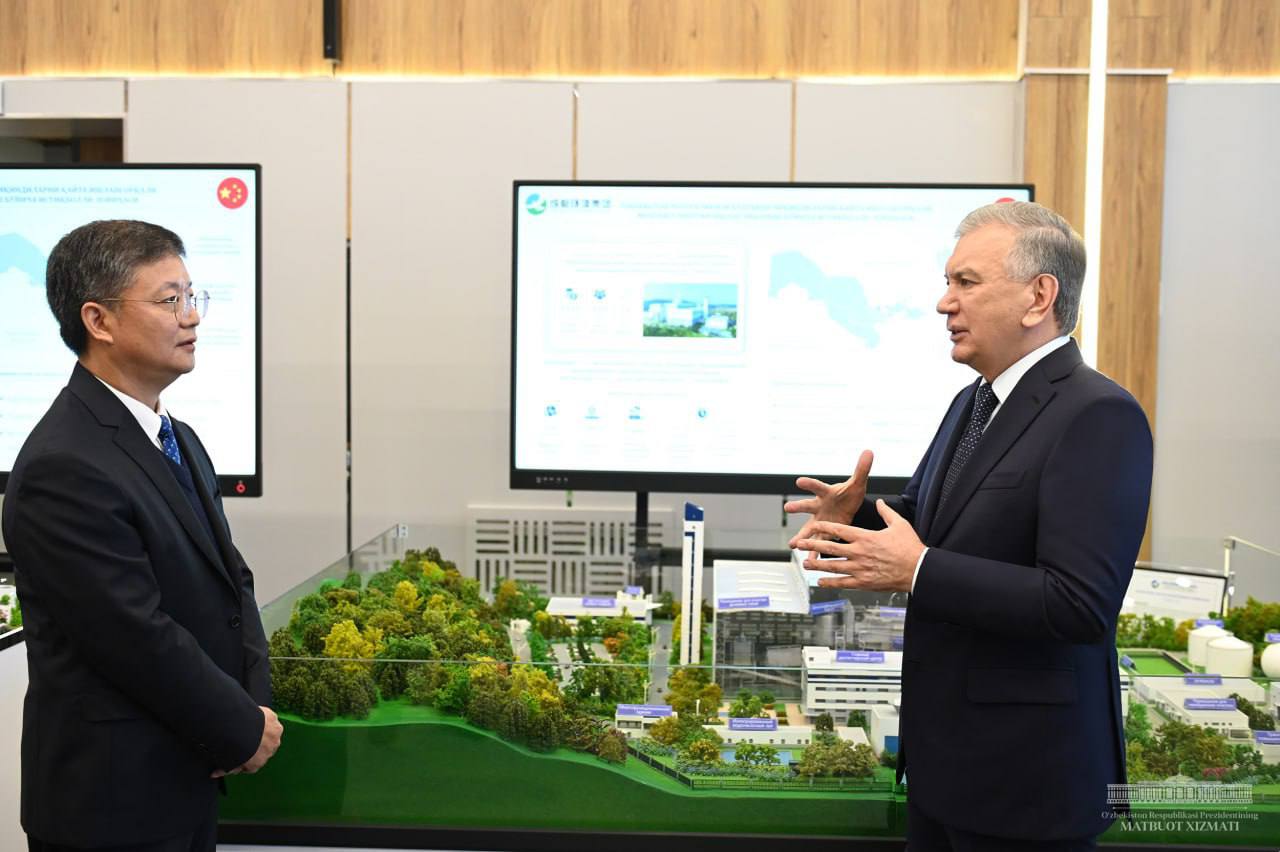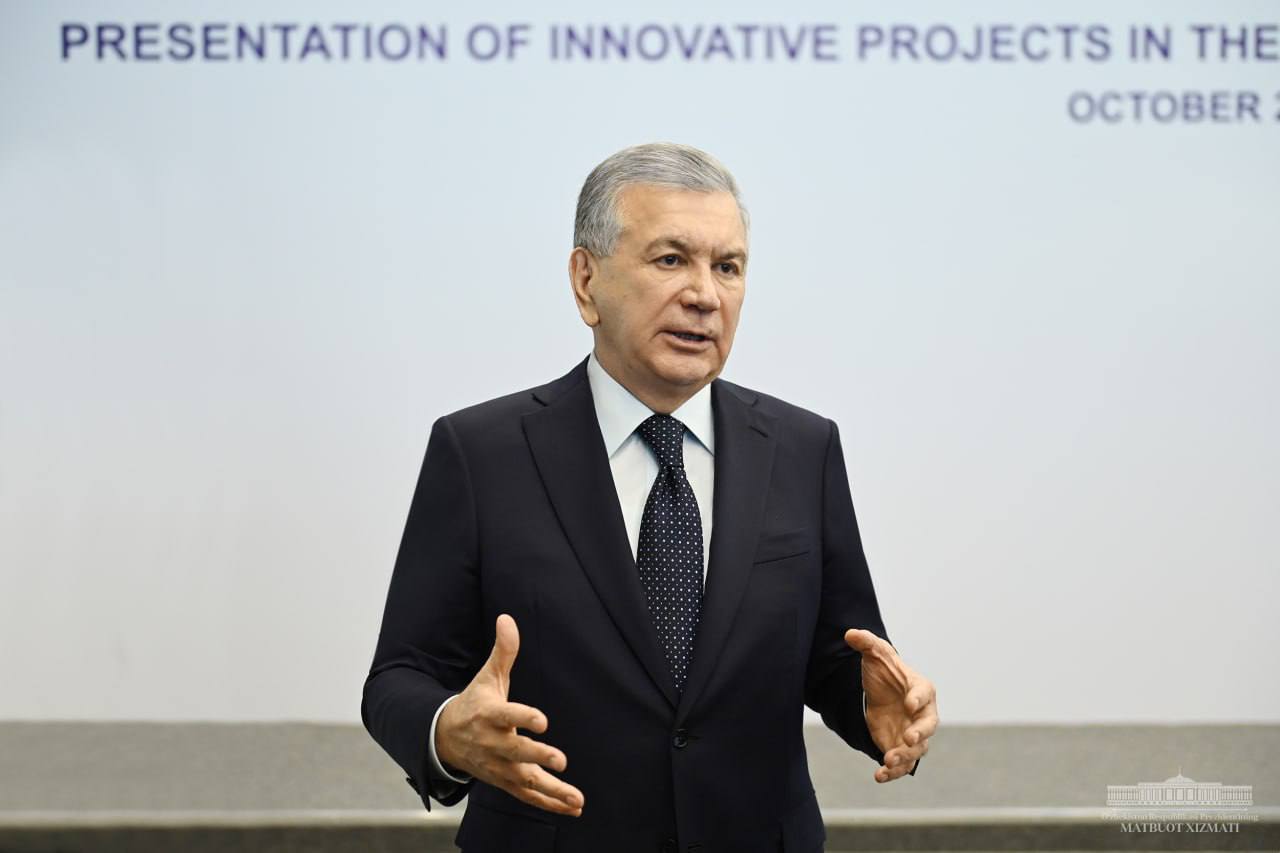
In our country, 14 million tons of waste are generated annually. However, only 4-5% of this waste is recycled. More than 7 million tons of greenhouse gases are emitted into the atmosphere from landfills, and 43,000 tons of toxic leachate seep into the ground.
Waste recycling can both reduce its environmental impact and generate benefits. To this end, the Ministry of Ecology, Environmental Protection, and Climate Change has developed several projects in collaboration with foreign investors. Plans include the construction of eight waste incineration plants and gas processing facilities at the landfill in Ohanagaron, with nearly $1.3 billion in investments.
For example, thanks to a direct investment of $350 million from the Chinese company "CAMC Engineering," two plants will be built in the Andijan and Tashkent regions. These plants will process 4,000 tons of waste per day, producing 630 million kilowatt-hours of electricity annually.
Another Chinese company, "Shanghai SUS Environment," has also expressed interest in this sector. It plans to invest $310 million in the construction of two plants in the Samarkand and Kashkadarya regions. These plants will process 3,000 tons of waste daily, generating 480 million kilowatt-hours of electricity per year.
The "Tadweer Group" from the United Arab Emirates intends to build one plant in the Bukhara and Navoi regions for $200 million. This plant will process 1,500 tons of waste per day and produce 363 million kilowatt-hours of electricity annually.
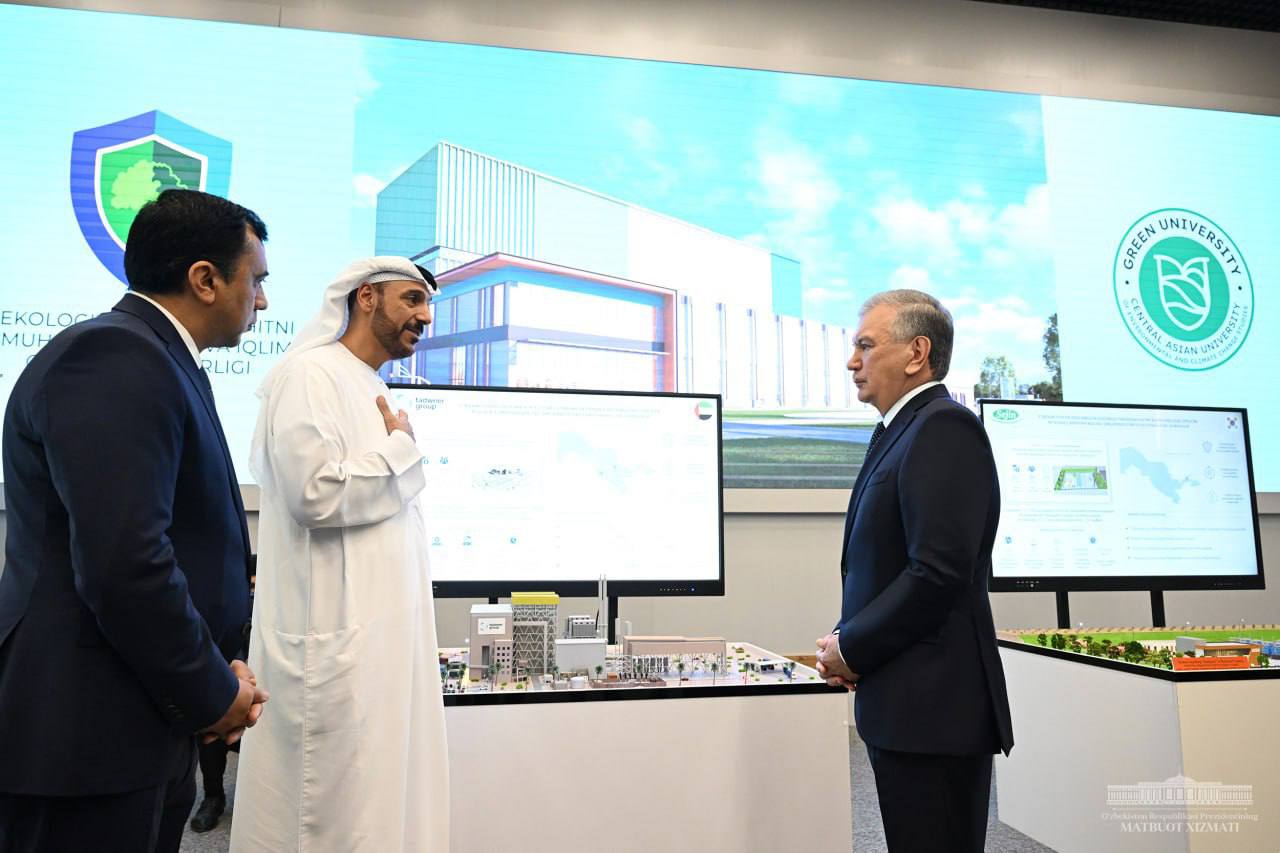 A project involving the South Korean company "Sejin" is also significant. For $55 million, it plans to generate alternative electricity from gas produced at the municipal waste landfill in the Ohanagaron district of Tashkent region. The expected capacity is 16 megawatts.
A project involving the South Korean company "Sejin" is also significant. For $55 million, it plans to generate alternative electricity from gas produced at the municipal waste landfill in the Ohanagaron district of Tashkent region. The expected capacity is 16 megawatts.
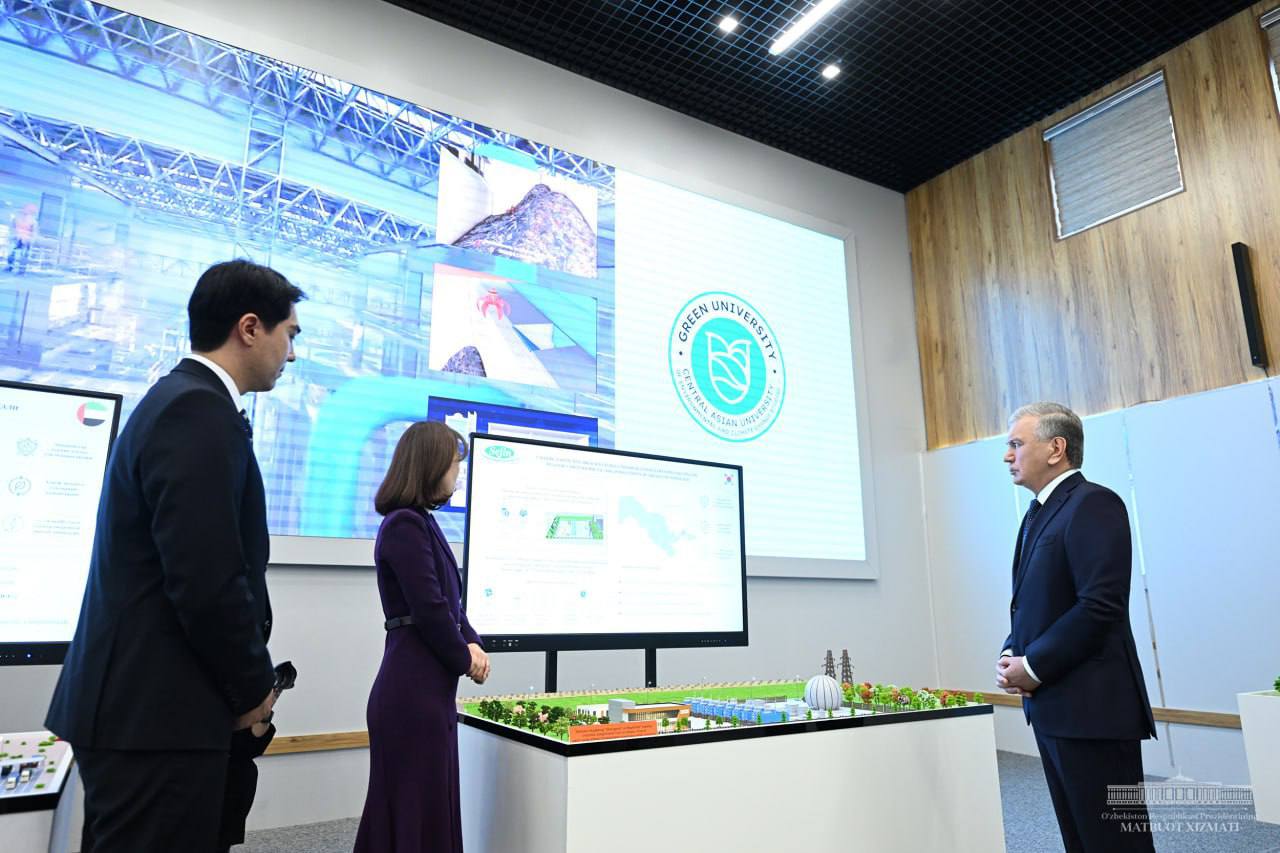
Overall, the projects aim to ensure the rational use of solid household waste. More than 4.7 million tons of waste will be incinerated annually, producing 2.1 billion kilowatt-hours of electricity. Electricity worth $97 million will be sold. Additionally, 152 million cubic meters of natural gas will be saved, and 2.4 million tons of greenhouse gases will be reduced. The projects will create 1,200 new jobs.
The projects are planned for implementation between 2025 and 2027 in the Andijan, Bukhara, Jizzakh, Kashkadarya, Navoi, Namangan, Samarkand, Syrdarya, Fergana, and Tashkent regions, as well as in Tashkent city.
